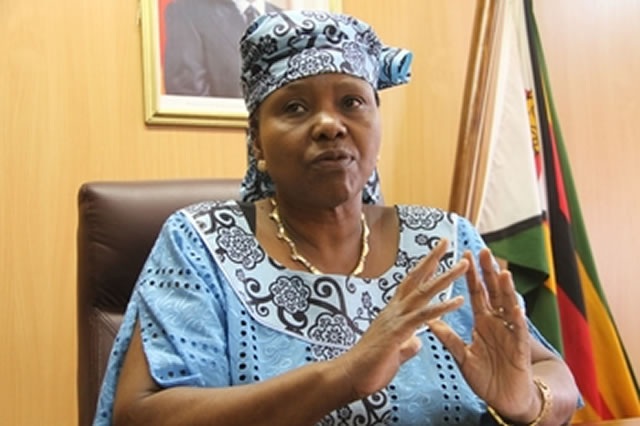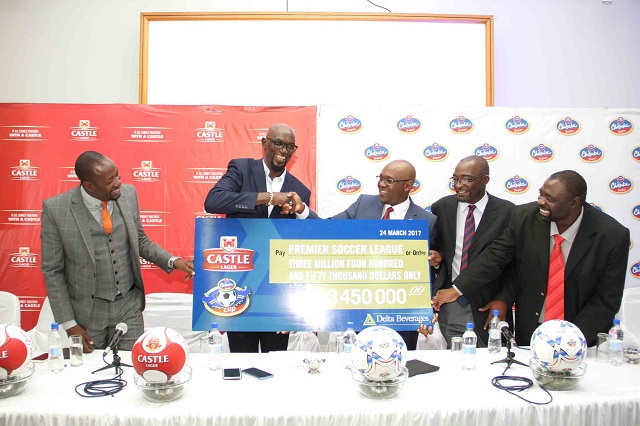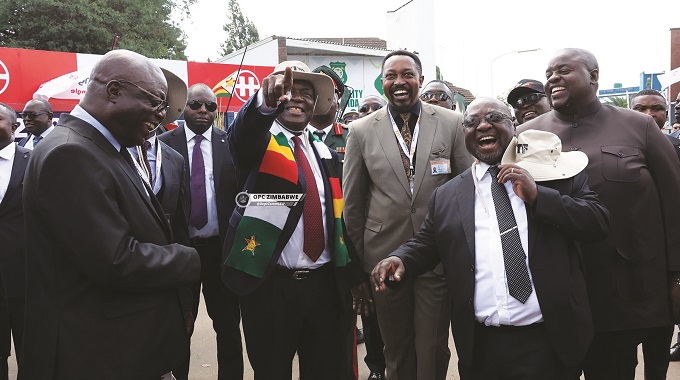Work on Batoka Gorge hydro power scheme set to kick off

Leonard Ncube in Livingstone, Zambia
WORK on the bilateral Batoka Gorge Hydro-Electric Scheme (BGHES) between Zimbabwe and Zambia, viewed as the panacea to electricity problems facing the two countries, is set to kick off next year.
Technocrats in the project told a BGHES investors’ conference in Livingstone, Zambia yesterday that following funding by the World Bank towards re-doing a feasibility study, the project was now geared to move from revised reports stage to tendering and implementation.
Tenders are expected to be opened before the end of the year with implementation set for next year.
The two governments are courting investing partners to mobilise resources towards implementation of the overdue project.
BGHES has been failing to take off for years.
It requires $4 billion and the two countries’ executives have reiterated their commitment towards its implementation as it is critical to economic development.
The Council of Ministers of both governments and the Zambezi River Authority, a joint venture between the two neighbours, organised the BGHES investors’ conference which ends today at a hotel in Livingstone.
Scores of infrastructure construction partners, potential investors including banks from Africa and also China Bank and China Exim Bank among other interested financiers responded to the call.
Officially opening the conference yesterday, Zambia Vice President Mrs Inonge Wina said both countries had declared energy a priority sector that needs urgent attention by all stakeholders. “I wish to assure you of the utmost political will and commitment from the highest offices of Zambia and Zimbabwe in the development of the project. We have in the two countries liberalised the market in the energy sector in order to allow private sector participation,” she said.
Mrs Wina said the power station, set to produce 2 400MW, will not only benefit the two countries but will feed into the regional grid.
“We are further committed to ensuring that the price of power is cost reflective to accommodate full recovery of investments by the investor community. As governments we look forward to your support which will enable commencement of this very important project for the benefit of most of the countries in the southern and east African region.”
Added VP Wina: “Our two countries will always endeavour to work together on projects of mutual benefit because of our long cordial relationship that has existed for many years with regard to the management of our water bodies. History is there to be told, and we are therefore, optimistic that any project of this nature between the two countries shall always give us the intended results for the continued benefit of our people including those of our neighbours.”
The Council of Ministers have roped in Ministers of Water from both countries-Minister Oppah Muchinguri-Kashiri (Water, Environment and Climate) who together with her Zambian counterpart Minister Lloyd Kaziya were part of the proceedings for the first time.
Energy and Power Development Minister Samuel Undenge, who co-chairs the project with his Zambian counterpart Minister David Mabumba, bemoaned the slow pace.
“We are grateful to the World Bank for funding the feasibility study which we are about to finish. Batoka project is very critical in our countries hence it is incumbent upon us as Energy Ministers to see that the project is expedited, especially since there is a power deficit,” he said.
Co-chair Minister Mabumba concurred saying the conference is important to present a vision to potential investors.
Finance and Economic Development Minister Patrick Chinamasa said a shortage of electricity undermined efforts towards economic growth, while also straining the environment where the increase in demand for energy has led to serious deforestation, land degradation, global warming and climate change.
“The two contracting states have provision of power high on their agenda and we now need to address perceived risks such as regulatory frameworks because our objective is uninterrupted power supply,” he said.
It is against the shortage of funding background that the Council of Ministers that govern the Zambezi River Authority made a commitment to raise funds for the Batoka project through an investor conference which is expected to attract multilateral development financial institutions (DFIs), bilatera cooperating partners, local, regional and multinational private sector organisations.
— @ncubeleon










Comments